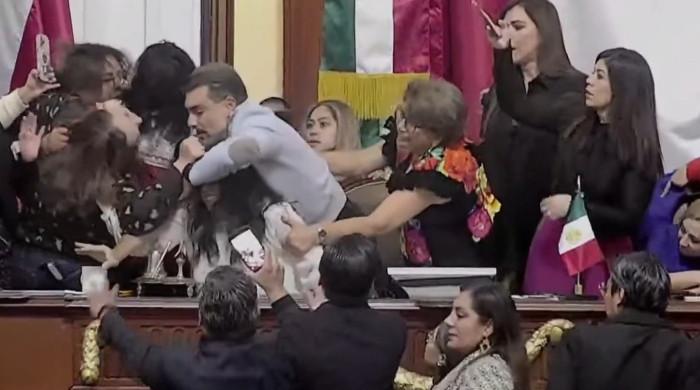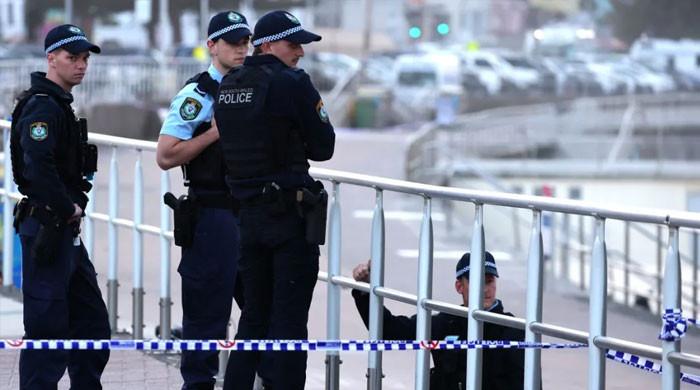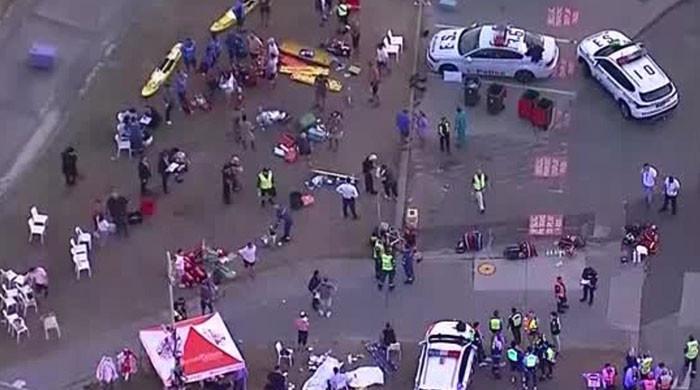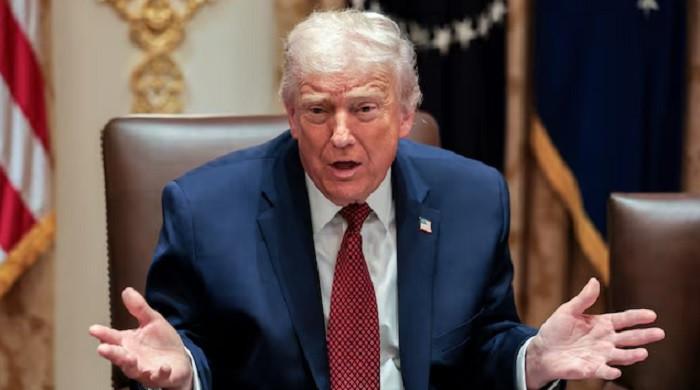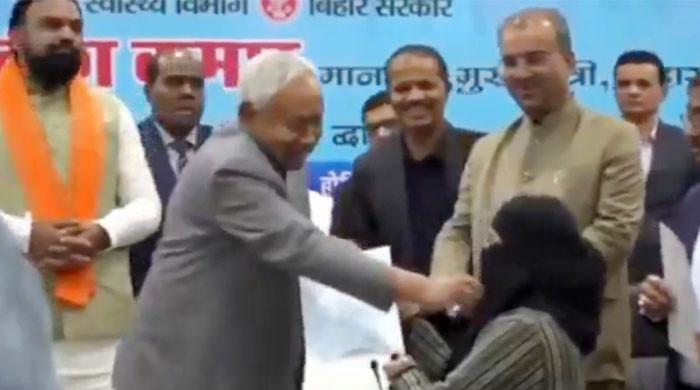US spent over $500mn on fake propaganda videos in Iraq
US military tasked a UK-based PR firm to craft TV segments, videos of Al-Qaeda bombings that appeared to be filmed by insurgents, as well as anti-insurgent commercials
October 07, 2016
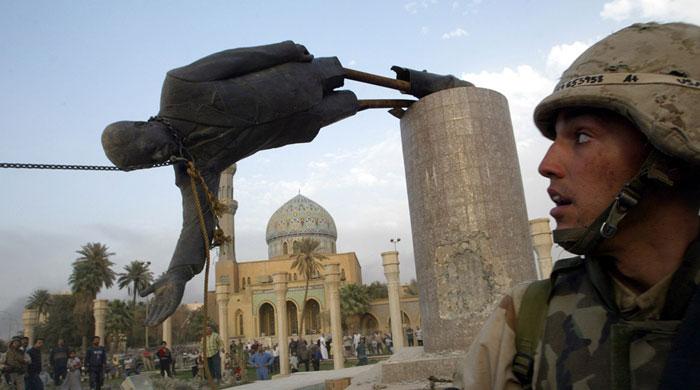
The United States spent over $500 million by hiring a UK-based PR firm for producing fake propaganda videos in Iraq, while the war there was at its peak, revealed a former contractor for the firm.
Foreign media outlets quoted the ex-contractor who worked with PR firm, Bell Pottinger, saying that the Pentagon paid more than half a billion dollars for the production and dissemination of fake videos that portrayed Al-Qaeda in a negative light.
The UK-based firm reportedly worked alongside top US military officials in Baghdad at the height of the Iraq War.
The agency was tasked with crafting TV segments styled like Arabic news reports, videos of Al-Qaeda bombings that appeared to be filmed by insurgents, as well as anti-insurgent commercials.
The videos were produced ensuring that people watching them could be tracked by US forces in Iraq. The PR firm reportedly produced these propaganda videos sometime around 2005 and later.
The Pentagon also confirmed that the agency was contracted under the Information Operations Task Force, but insisted that all material distributed was “truthful”.
Former video editor Martin Wells, who worked on the IOTF contract with Bell Pottinger, said they were given very specific instructions on how to produce the fake Al-Qaeda propaganda films.
Wells said they were instructed on everything relating to videos: the length, file format and encoding, everything.
He said the US Marines would then take CDs containing the videos while on patrol, then plant them at sites during raids.
"They’d just drop an odd CD after raiding a house and messing everything inside it while looking for some stuff," the former contractor said.
"If they’re raiding a house and they're going to make a mess of it looking for stuff anyway, they'd just drop an odd CD there," he said.
The CDs were encoded to open the videos on RealPlayer software that connects to the Internet when it runs, Martin Wells said. It would issue an IP address that could then be tracked by US intelligence.
He said the US forces raided places where they traced someone watching the videos. "If a person sometime later shows up in another part of the world, then that's the more interesting thing, and that's what they're looking for more."
"It was part of the American propaganda machinery," Wells said adding that they did a lot to help resolve the situation.




